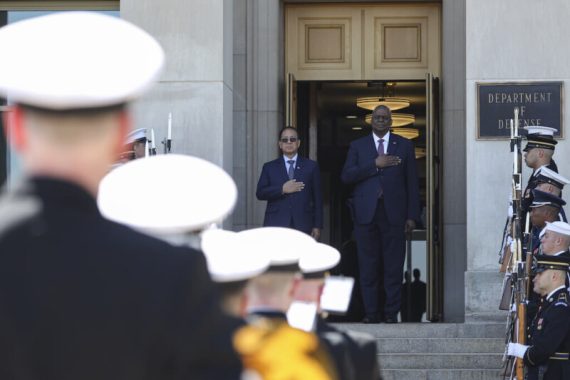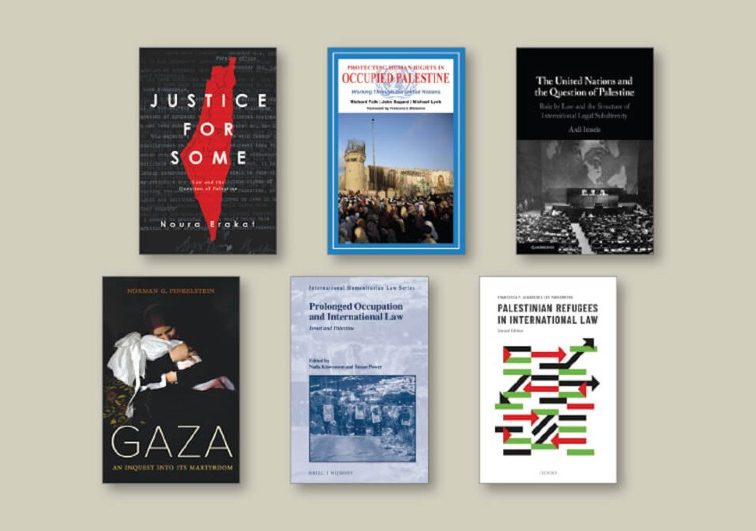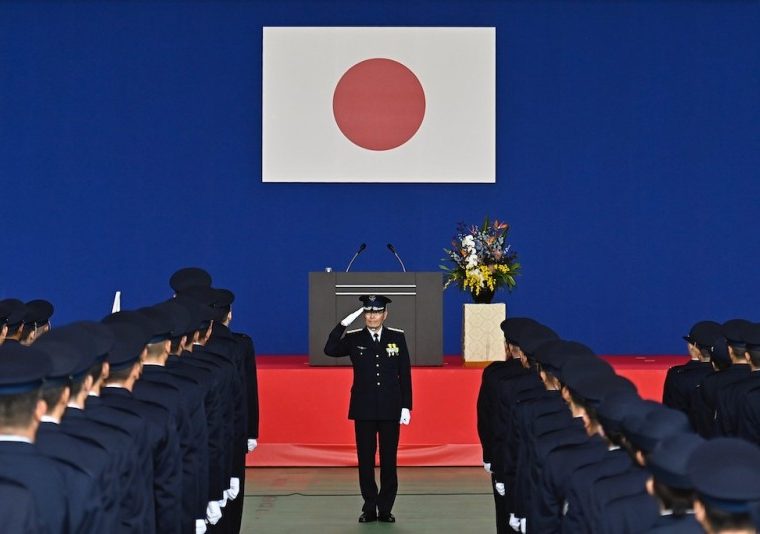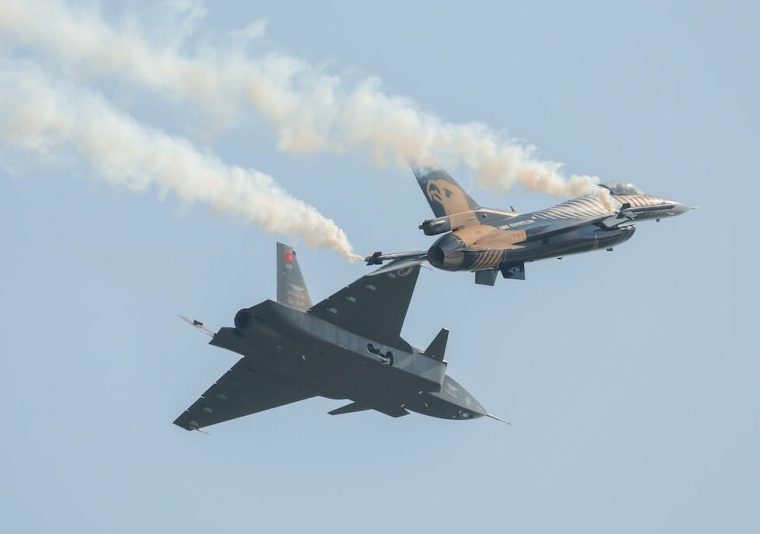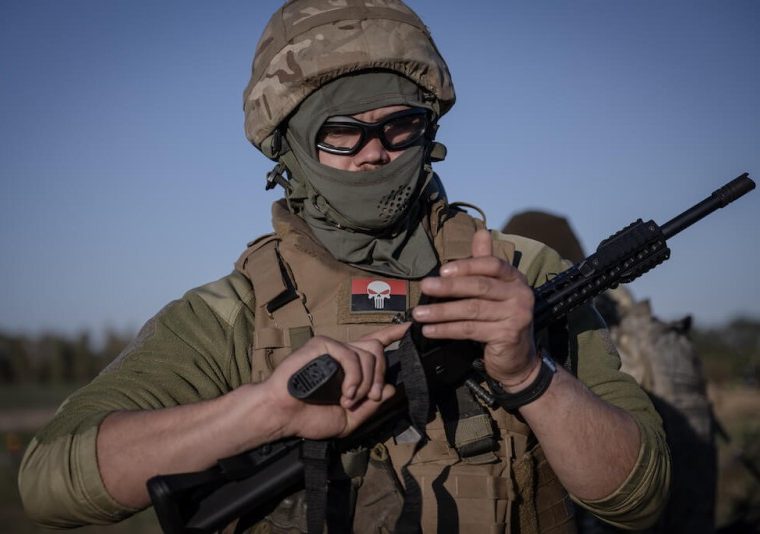B
etween June 2 and 4, the 20th session of the Shangri-La Security Dialogue was held in Singapore, amid an escalation of tensions in the South China Sea. On the sidelines of the dialogue, China refused to hold a meeting between its Minister of Defense Li Shangfu and the U.S. Secretary of Defense Lloyd J. Austin. The Singapore-based dialogue showed how Asian leaders are concerned about the deterioration of security in their region, where global interests compete.
What is the Shangri-La Security Dialogue?
The Shangri-La Security Dialogue is an annual conference organized by the International Institute for Strategic Studies (IISS) in Singapore, where delegates from different parts of the world, including ministers, discuss security. It is named after the Shangri-La Hotel where the conference is held. It is the largest security meeting in Asia, bringing together defense ministers, military officials, policymakers, and experts from around the world to discuss and exchange views on security in the Asia-Pacific region.
The Shangri-La Security Dialogue serves as a platform for cooperation on regional security challenges, such as geopolitical tensions, military modernization, maritime disputes, terrorism, and other emerging threats. The conference includes keynote speeches by defense ministers or senior officials, in addition to panel discussions and interactive sessions. It serves as an opportunity for countries to express their security concerns, highlight their policy priorities, and engage in bilateral or multilateral discussions on regional security issues.
Six hundred delegates from 49 countries across the globe take part in the Shangri-La Security Dialogue each year, where security officials discuss issues which they can’t talk about due to diplomatic considerations. The importance of the dialogue lies in the number of bilateral and multilateral military meetings held on its sidelines, as well as dialogue sessions and speeches given by defense ministers.
U.S. Secretary of Defense Austin’s demands from China
In the same vein, U.S. Secretary of Defense Lloyd Austin spoke to Reuters about the priorities of the relationship between Washington and Beijing, stressing the importance of following some measures to prevent the outbreak of conflict between the two parties.
Austin added that Washington is concerned that China is not willing to engage in better crisis management mechanisms on the military level.
On Friday, June 2, during the Shangri-La Security Dialogue, U.S. Secretary of Defense Lloyd Austin shook hands with the Chinese Minister of Defense Li Shangfu.
General Patrick Ryder, a spokesperson for the U.S. Department of Defense, said the handshake between the two ministers took place without exchanging any substantive conversation.
He noted that Washington stresses the need to maintain open lines of communication between the armies of the two countries, and that it will continue to seek meaningful talks between the United States and China.
Recommended
Intelligence chiefs meet
According to Reuters, senior officials from twenty of the world’s top intelligence agencies held a secret meeting on the sidelines of the Shangri-La Security Dialogue.
People with knowledge of these meetings report that they are organized by the Singaporean government and are held secretly.
According to Reuters, U.S. Director of National Intelligence Avril Haines participated in the secret meeting, representing the U.S., with the presence of China and India and other countries, despite tensions between Beijing and Washington.
Samant Goel, the chief of the Research and Analysis Wing of India’s intelligence service, also attended the meeting.
A spokesman for Singapore’s Ministry of Defense said that while attending the Shangri-La Security Dialogue, “participants, including senior officials from intelligence agencies, take the opportunity to meet with their counterparts.”
He added that Singapore “may facilitate some of these bilateral or multilateral meetings,” noting that such meetings are useful.
